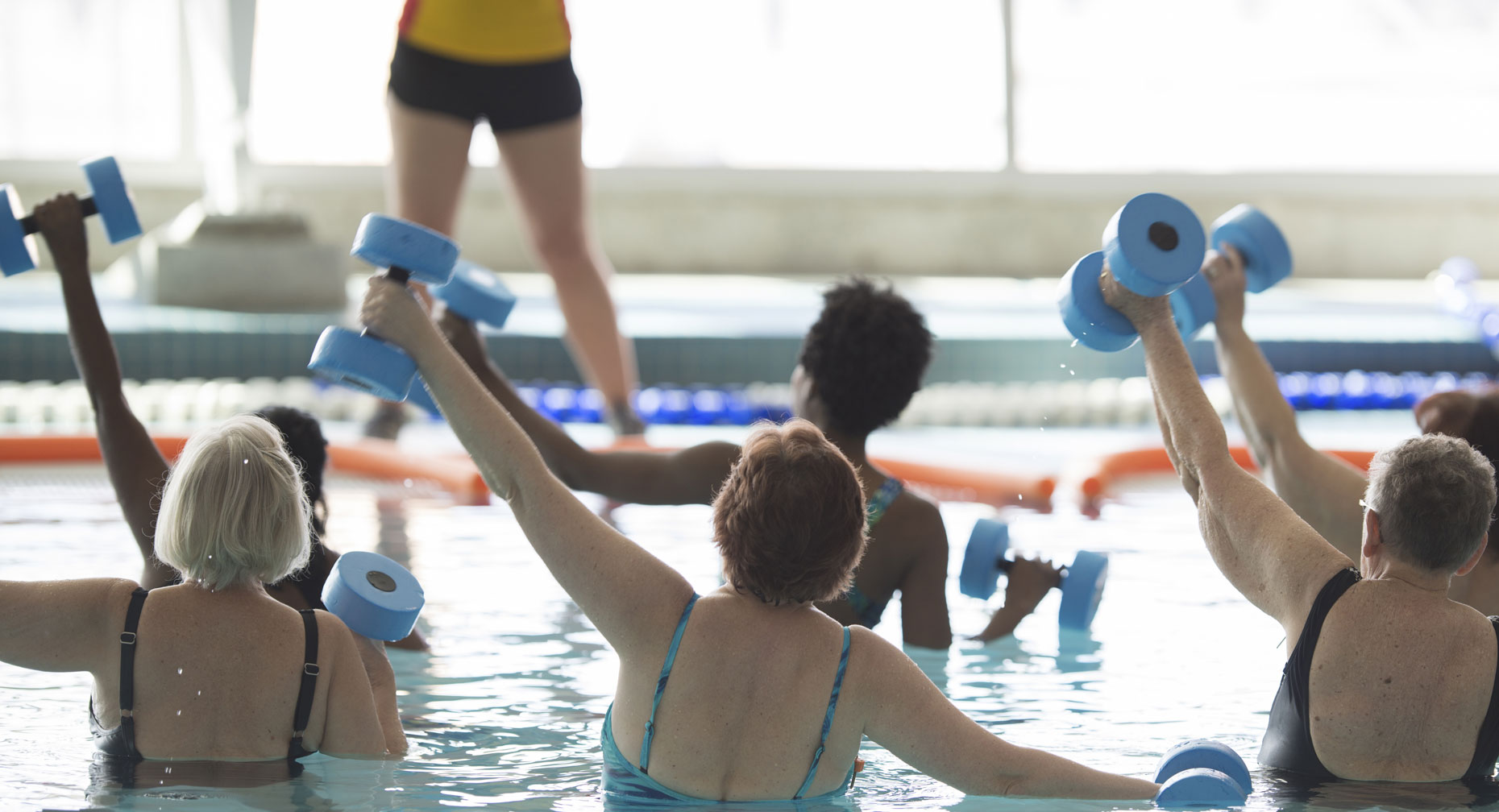Give Mild Depression a One-Two Punch: Eat Right and Get Going

Find Your Perfect Match
Answer a few questions and we'll provide you with a list of primary care providers that best fit your needs.
When you’re feeling blue, curling up on the sofa with a carton of Chunky Monkey ice cream seems like a terrific idea. But you’re probably making the problem worse.
Mild depression can get a shove out the door when you pay attention to two lifestyle factors: eating right and increasing your physical activity.
The Power of Good Nutrition
Some foods do their darnedest to mess with your moods so try avoiding junk food, caffeine, sugar and alcohol.
Make food your partner in good mental health! These foods may help prevent or overcome mild depression:
- Protein-rich foods.
- 'Good' carbs. Carbohydrates are associated with the mood-lifting neurotransmitter serotonin but make sure you’re selecting good carbs -- fruits, vegetables and foods high in fiber.
- Complex carbohydrates. Find these in whole grains, legumes, vegetables such as spinach and broccoli, and fruits such as oranges and pears.
- Omega-3 and Omega-6. Incorporate fish (particularly anchovies, salmon, tuna, etc.), nuts, canola, flaxseed oils, nuts and dark green leafy vegetables in your diet.
- Vitamin D. Make sure you’re regularly including milk, fish and tofu.
- Amino acids. Add these from meat, dairy products and certain fruits and vegetables.
- Selenium. Several research studies have suggested a link between selenium deficiencies and depression. Some studies show that taking selenium may actually decrease feelings of depression. Selenium can be found in nuts, whole grains, beans, seafood and lean meats. Too much can be toxic, however, so talk to your doctor before taking any selenium supplements.
Some foods do their darnedest to mess with your moods.
The Power of Physical Activity
Physical activity increases your body’s production of natural antidepressants. A study at Duke University showed that many people who exercised 30 minutes a day for four months experienced alleviated depression without the use of medications.
“The exercise that helps the best with depression or helps the most with depression is any type of exercise,” says Joseph P. Allen, MD, of Family Medicine of Vandalia. Dr. Allen talks about how exercise can help women boost good hormones to ward off depression.
Click play to watch the video or read video transcript.
Pick a physical activity you enjoy and try to do it on a regular basis. Any amount of exercise helps. But guess what? More is better.
When to Seek Help
If you have persistent sadness preventing normal functioning, it’s time to seek professional help or get screened for clinical depression.
Find Your Perfect Match
Answer a few questions and we'll provide you with a list of primary care providers that best fit your needs.
Source: Joseph Allen, MD, Family Medicine of Vandalia; Healthline.com





.tmb-card-head.webp?sfvrsn=680c0961_8)
